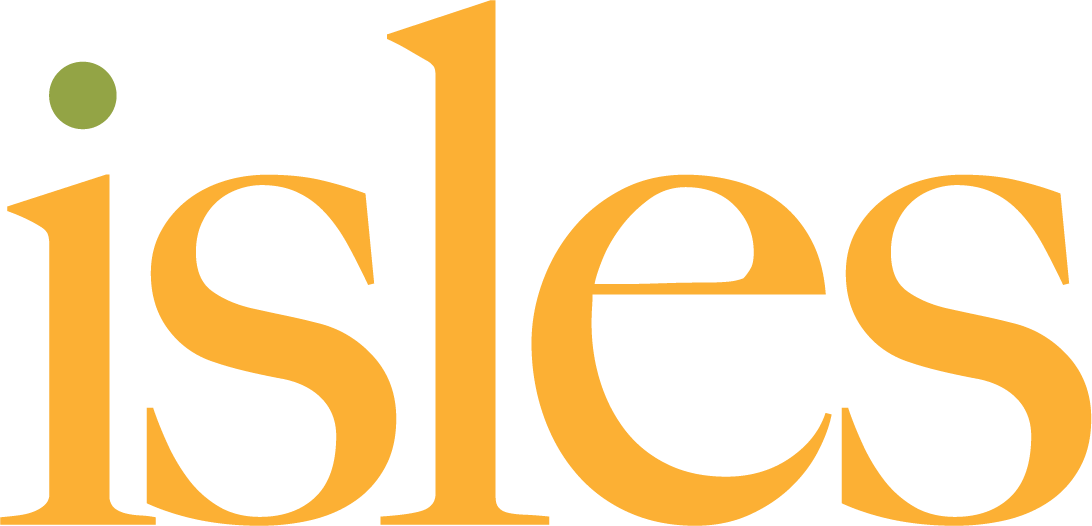Dear Friends,
Now is a good time to reflect on all of the staff, board, friends and supporters that make our self-sufficiency work possible. This holiday season, we are particularly grateful.
Sometimes, that support comes from unexpected places. Recently, I was honored to receive the Community Leadership Award from the Princeton Chamber of Commerce. It made me think about what it means to be a good leader – in community, business or government.
The world is changing so rapidly. Tom Friedman called it flattening, others say its shrinking, more diverse, and clearly interdependent. Climate change, telecom, global economics and the browning of America connect and impact us, whether we like it or not.
My training was in cultural anthropology. Anthropologists remind us that, for thousands of years, we’ve grown hard-wired to take care of our own – our tribe, our people. So when that “protect our own” bias bumps up against the new world forces coming from the outside, some leaders dig in, or freeze. Good leaders learn to look in both directions – inward and outward at the same time – an essential balancing act. They learn to connect with those that don’t share their cultural context, or look like them. They see opportunity in both chaos and order.
When I was 16, my family experienced a lot of turmoil. Our home was foreclosed on, and my mother was seriously ill. The experience of losing our home and living on the edge impacted me, and my family, in a deep way. We lived through chaos, but I didn’t want to be labeled or pitied. I wanted to be treated as still capable, and with dignity. With a little help, we’ll be fine.
The football coaches from Princeton University came to my school, and suggested I apply. With empty pockets, I arrived on Princeton’s campus. As a white guy, I could cut my hair and look like I fit. These experiences, and the anthropology training that came with it, helped me to become an adaptive leader and created my touch point for Isles – how did I want to be treated? How should those struggling be treated?
So what does this mean for Isles? We didn’t create programs that take care of poor people (even though those programs are often helpful). We developed training and services that people could choose in support of their own self-reliance. This is true even with young people who were locked up and dropped out. And we build beautiful, energy efficient buildings that support self-reliant families.
Isles is asking tough questions about long term impacts, but this is not theory. We practice our way to our audacious mission. But we can only succeed with the community behind us. Although most people have deep doubts – and polls support this – about whether anything can be done to help challenged communities, don’t fall into that trap. Come visit and see for yourself. It might help your self-reliance.
In community,
Marty Johnson
Follow Marty on twitter!




 Foster self-reliant families and healthy sustainable communities
Foster self-reliant families and healthy sustainable communities